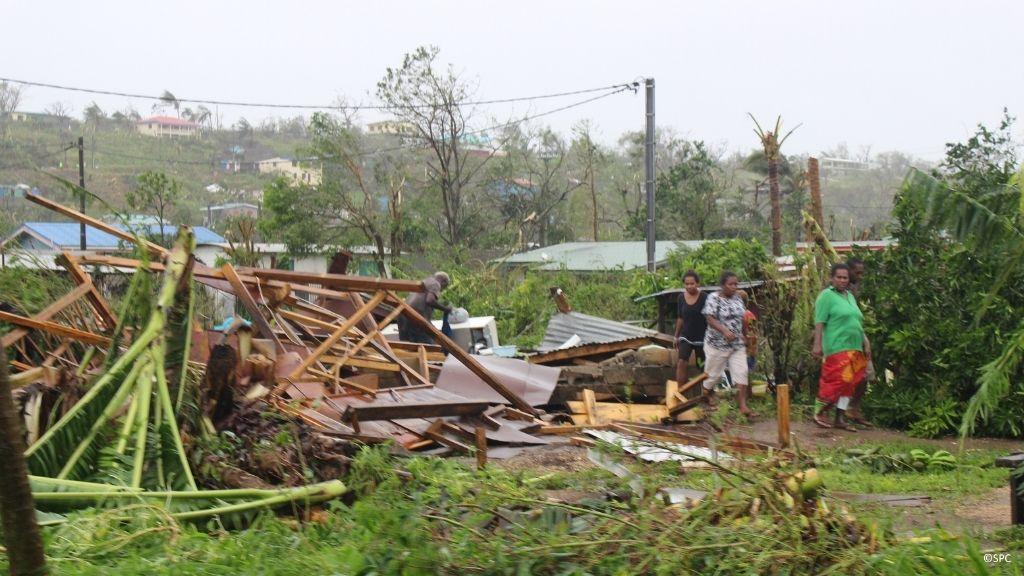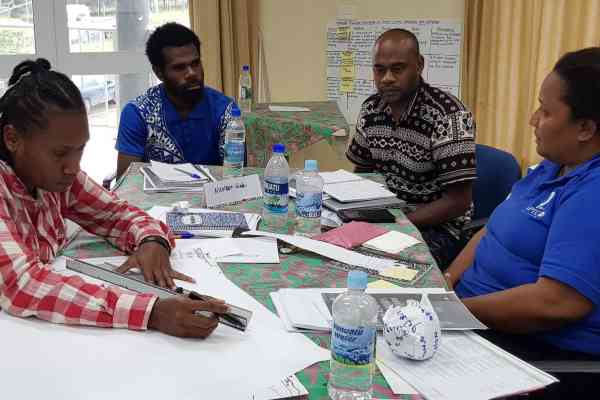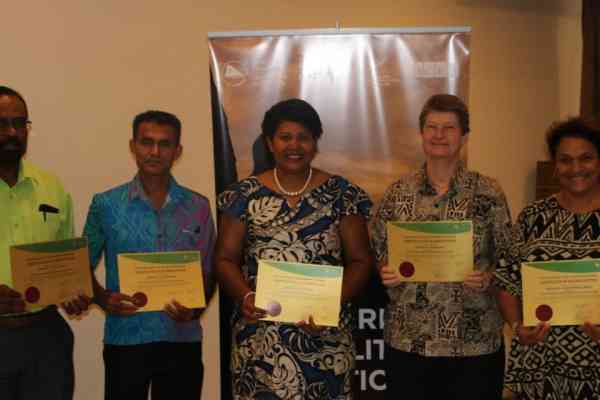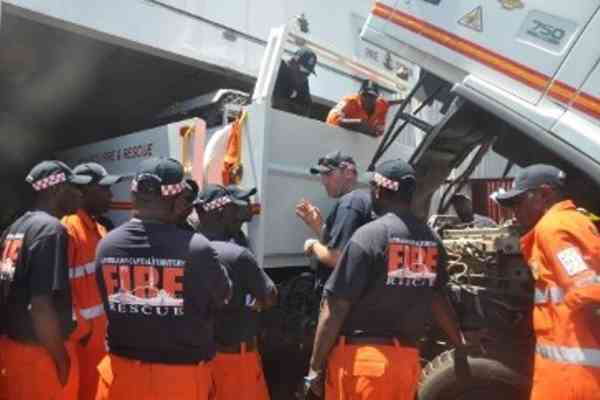72 hours is all it takes
Resilience 72-hour kits are a preparation tool for our communities to utilise in the hours after a disaster.
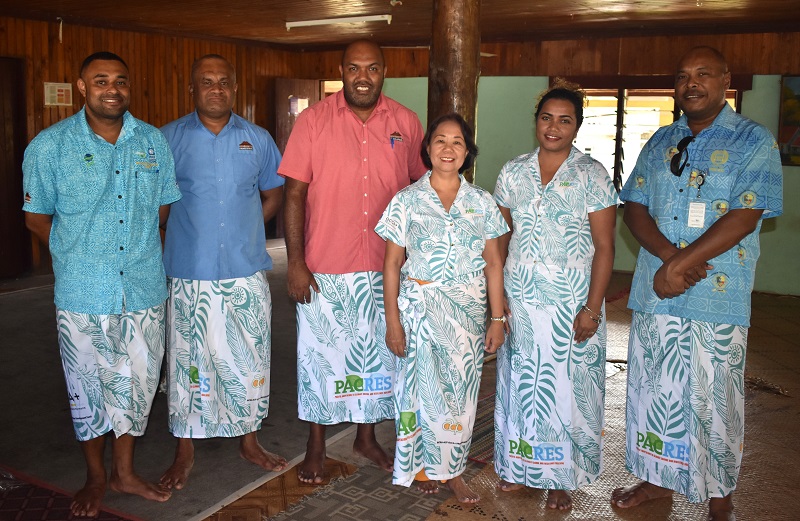
Self-reliance is the ability to depend on yourself to support family and community.
Increasing the resilience of settlements in Fiji that are highly vulnerable to climate change and disaster risk is part of the Pacific Community's (SPC) Pacific Adaptation of Climate Change and Resilience Building (PACRES) project discussion with two communities who are particularly prone to cyclones, flooding and soil erosion.
The Pacific Islands Boe Declaration on Regional Security declared that “We reaffirm that climate change remains the single greatest threat to the livelihoods, security and wellbeing of the peoples of the Pacific.” There is an increasing emphasis on environmental and resource security.
A team of Government Ministry representatives from Climate, iTaukei, Agriculture and Forestry presented community climate related solutions. Reallocating land to dedicate to planting trees of several varieties (8 million trees have been planted in Fiji since 2019) or reconsidering plant varieties and nutrient soil conditioning and improving animal breeds are conversations countering weather, industry, human pollution and climate effects. A focus on solutions to reduce damage and losses.
“COVID brought families together and allowed time for planning and supporting each other, the first of this kind in agriculture,” said Kalaveti Nakulatome of Semo Village. A true time of “solesolevaki” () as Fijian’s say.
One description of self-reliance is "the ability, commitment, and effort to provide the spiritual and temporal necessities of life for self and family. As members become self-reliant, they are also better able to serve and care for others.”- LDS Church
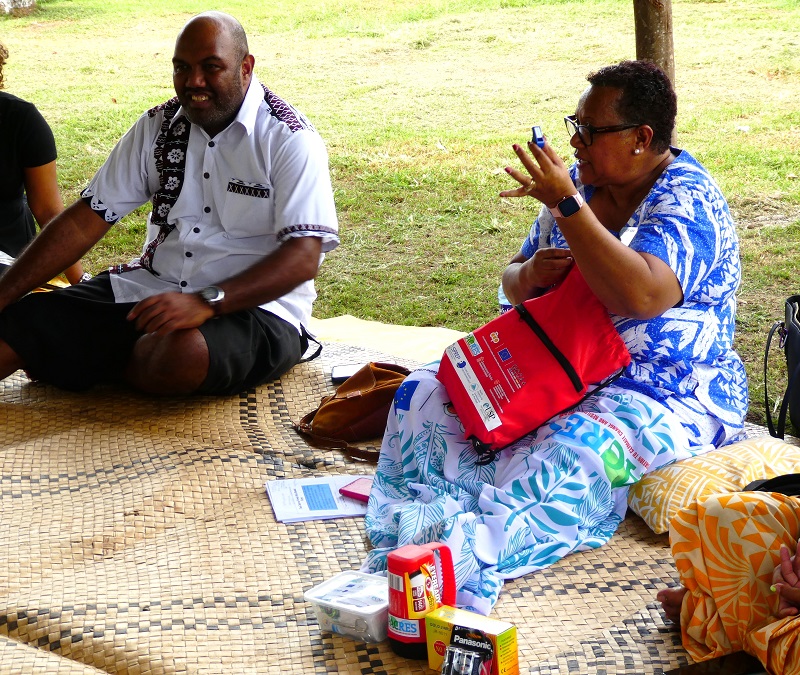
Mrs Sulueti Kama leads community workshops as part of the Self-reliant Service Missionary of the LDS Church. The learning module focuses on the core elements of education, finance, spiritual strength, home production and storage – a 72-hour resilience kit, health, and employment. Community members of all ages listened to this resilience discussion. Creating a balanced life by applying the principles of debt management and saving, upskilling, food storage, and preparing reserves of food and water along with maintaining financial reserves means self-reliance is possible.
The Resilience 72-hour kit distributed to each household contains a torch, transistor radio, whistle and first aid box. A start to the many things that a household may consider important in an emergency. Additions may include food and water, clothing and bedding, equipment, fuel and light. Merewairita Kuriyaya a 62 year old mother and widow from Semo agreed that she would prepare one for her family as she only has her children now and sees the value in this resilience kit.
Pacific Community will engage with more communities with this approach to becoming a self-reliant community. Bringing stakeholders together to address resilience in the field, with confidence in the ability of the community to absorb and recover from the consequences of climate change.
